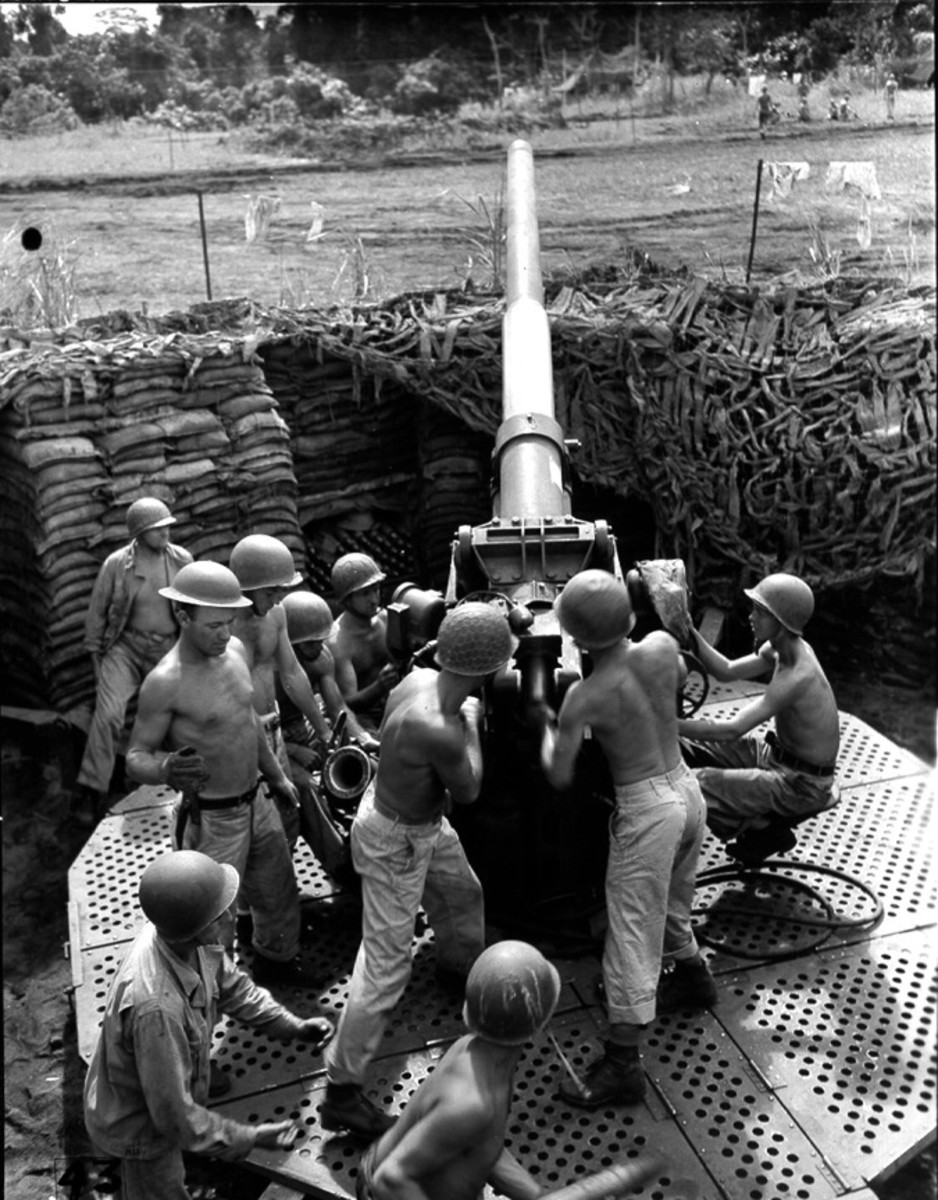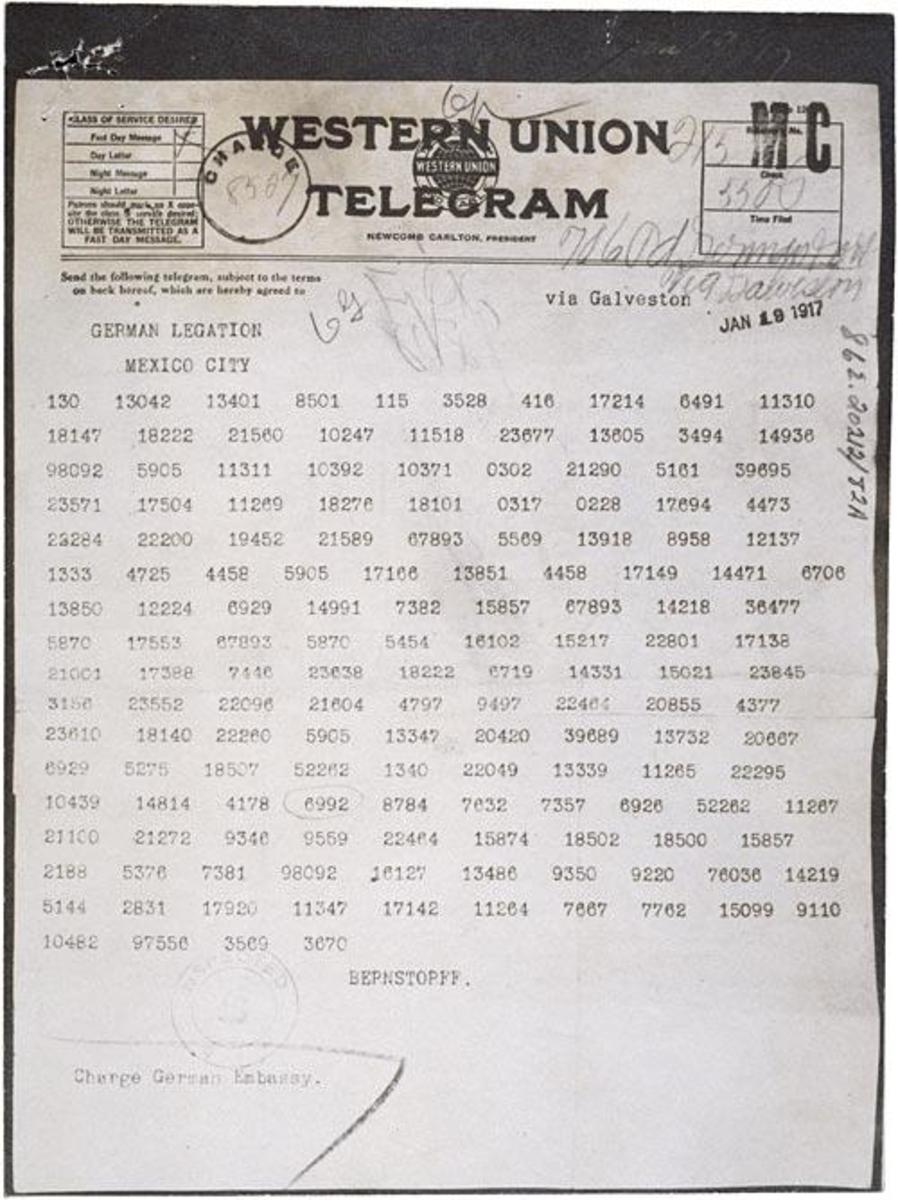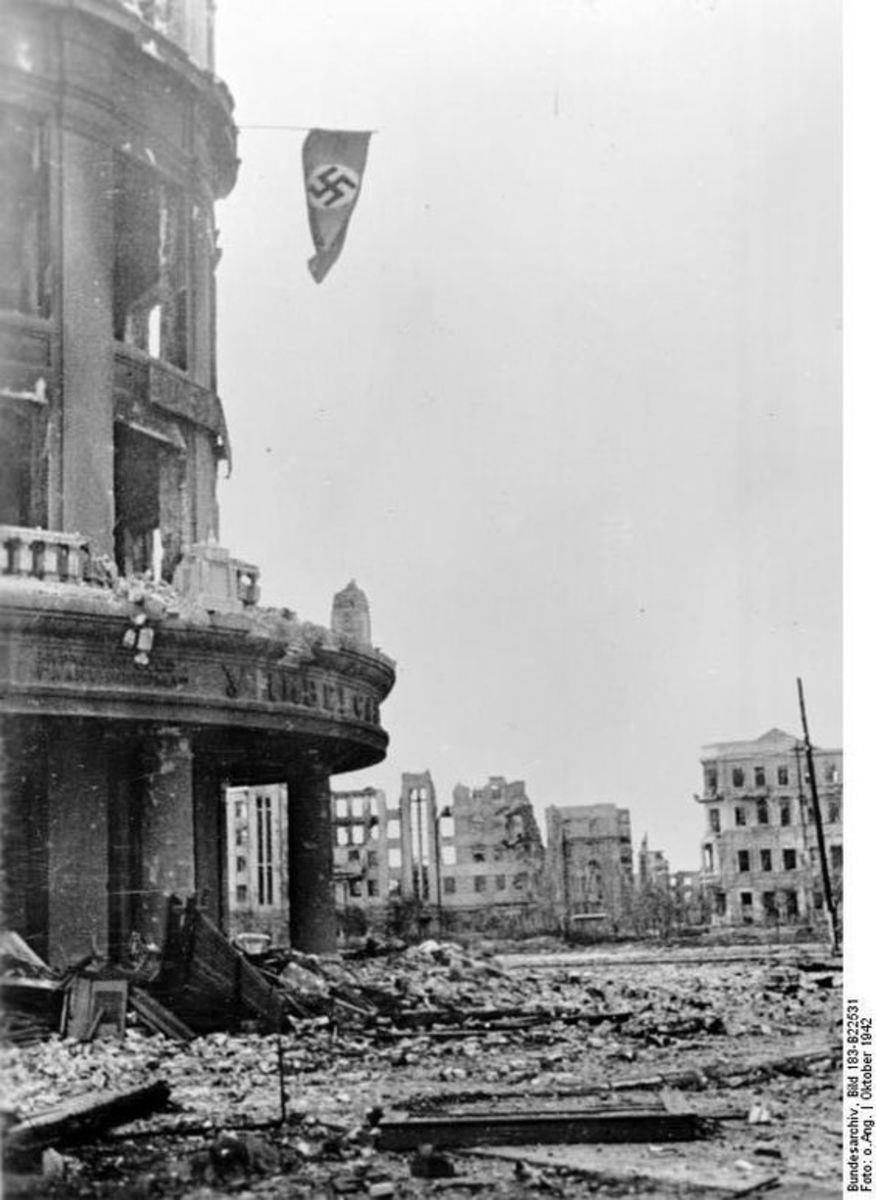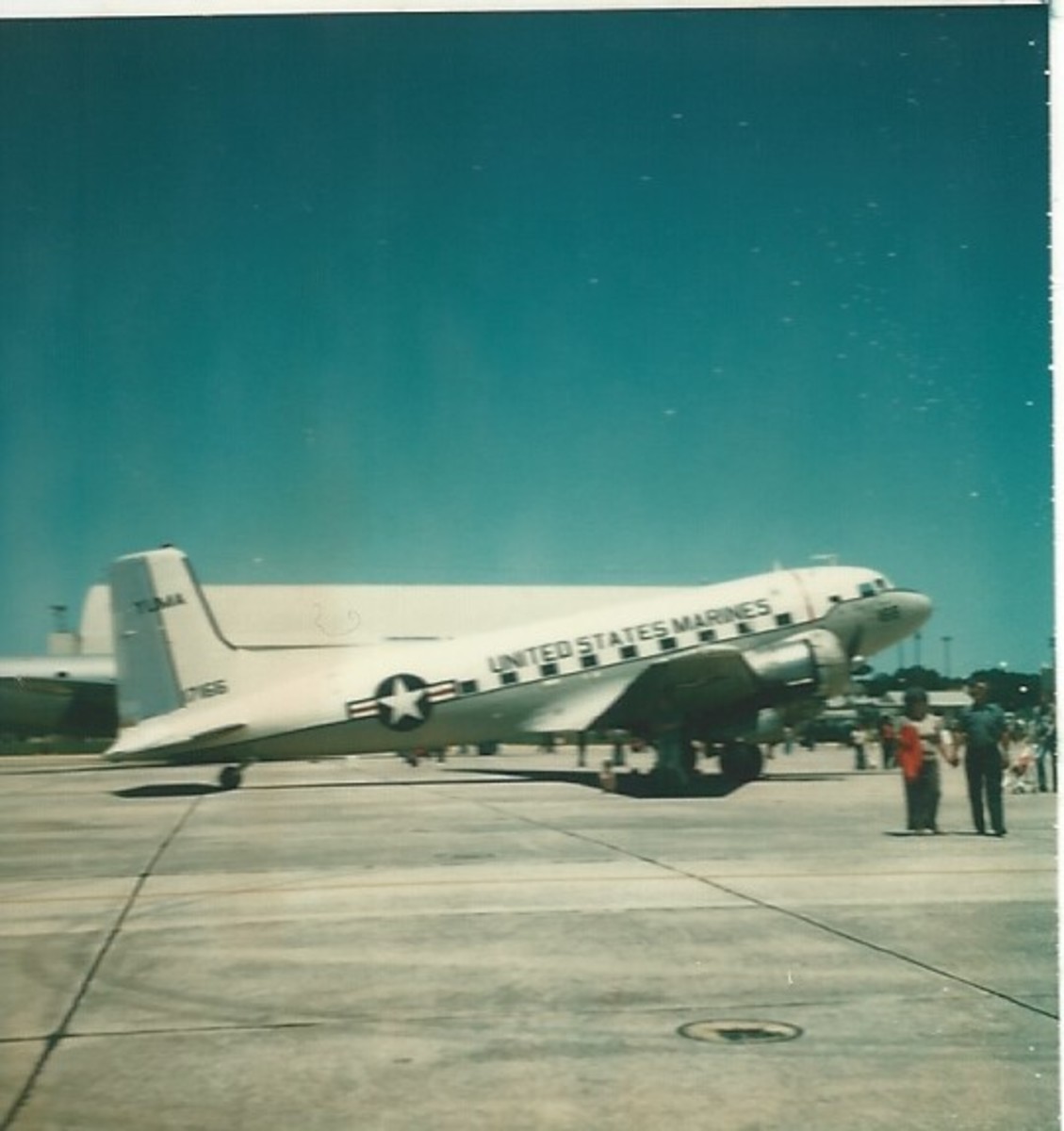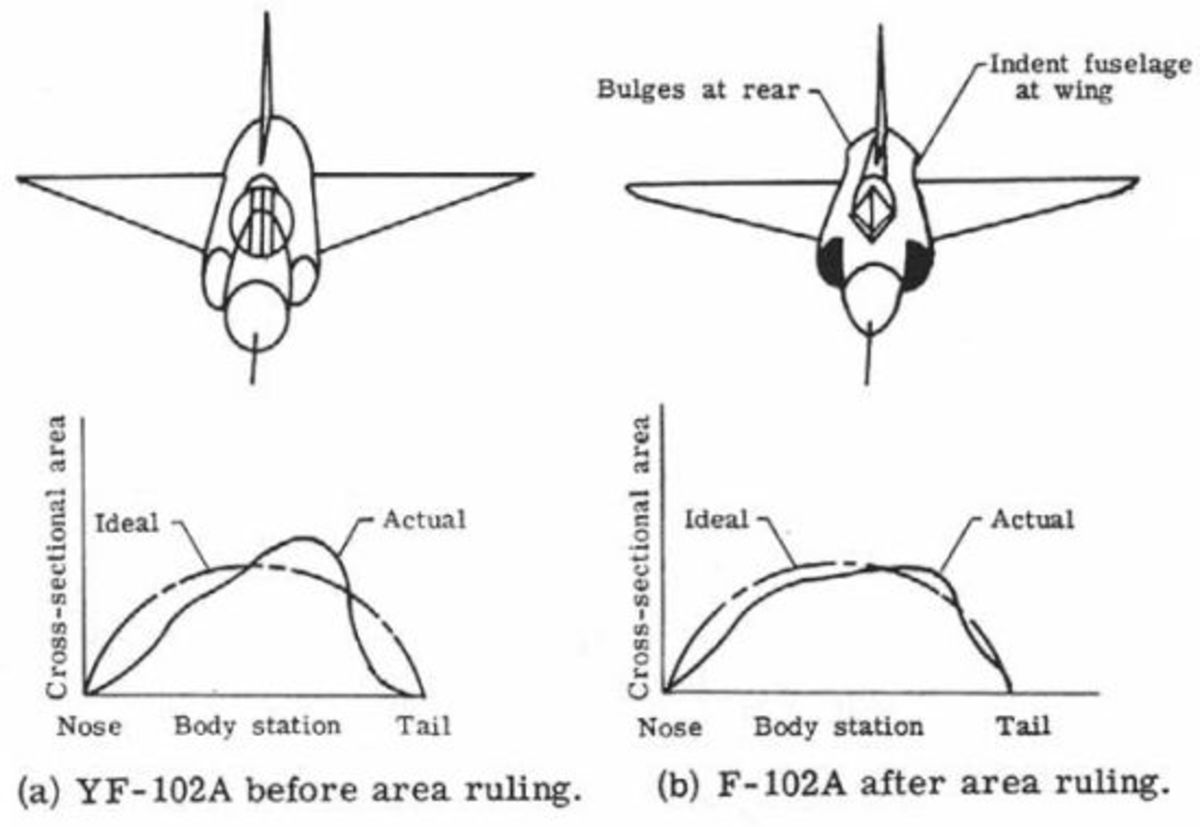American GIs and German Soldiers in World War II ~~~ I
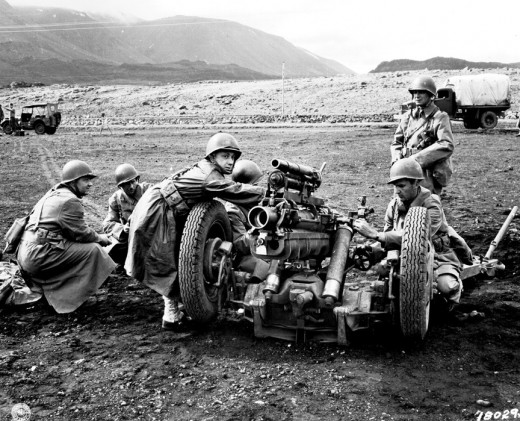
GIs Had Positive Impressions of German Soldiers - Part I of III
Considering that America was engaged in a war against Germany, American soldiers, with few exceptions, entertained fairly positive, even sympathetic feelings for German soldiers and civilians. After the war veterans were asked to name their favorite European country. It is illustrative that four out of five GIs named Germany as their favorite, meanwhile making negative and critical comments about the French and the British.[i]
American military personnel were impressed with the cleanliness and orderliness of the German countryside. What disposed them favorably to the Germans were picturesque villages, reminiscent of many of their hometowns in America, peopled with "polite citizens."[ii] American soldiers felt at ease with and had respect for Germans, for they were cheerful, co-operative, diligent, and hardworking. They were in fact declared to be "a fine race."[iii]
Sergeant Hanson assigned to the 42nd Infantry Division upon entering the Dachau concentration camp was moved to say, "We couldn't figure what kind of people they were. We couldn't believe it. The German people that we had come in contact with were very normal people. Exactly like us!"[iv]
Both during the war and afterwards Americans struggled to correlate their knowledge of atrocities committed on such an overwhelming scale during the war, with their perceptions and assumptions about German culture and civilization. Many regions of the United States had been heavily settled by good, industrious German immigrants who were committed to home, church, and nation. Beyond that Germany was believed to be an advanced society; Germans shared many "racial, religious, and ethnic attitudes" with American and the West.[v]
After the war well-documented atrocity films and newsreels were shown by the United States government and the full scope of the concentration camp system became widely known. Never-the-less, the positive associations that many Americans had with the German culture and people were so strongly entrenched that James Agee writing in The Nation, May 19, 1945, could argue that Americans should take care not "to confuse the German people with a few criminals who perpetrated these crimes."[vi]
Agee chose to entertain this argument despite extensive and multiple proofs of the abuse, false imprisonment, torture, starvation, and death of millions of innocent civilians. The need to believe that they are like us, and we like them, and that we could never commit such crimes, produced unrealistic assumptions and conclusions as to the participation or guilt of the average German.
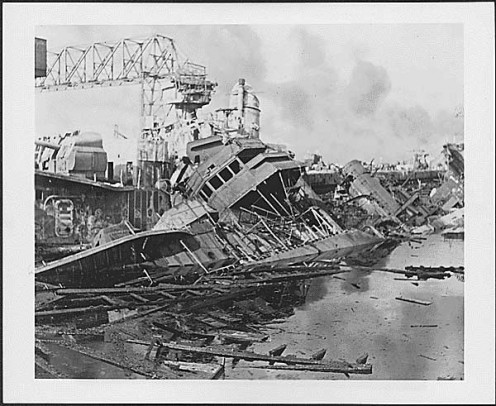

Battle Hardened Veterans Enter the Camps
As if to emphasize how truly dreadful conditions inside the camps were, some GIs pointed out that they were experienced, battle-hardened veterans long before they approached the camps.[xii]
The testimony of American soldiers is replete with statements concerning their changing feelings and attitudes toward their German counterparts. One of the most common reactions was intense anger coupled with hatred of the perpetrators.[xiii]
GIs struggled with a variety of reactions. Corporal Laughlin expressed an "outright horror, distaste for anything German." Henry Birnbrey had "hostile feelings" which intensified when he was instructed to interrogate German prisoners.[xiv]
Corporal Paul noted the demeanor of U.S. soldiers guarding captured members of the Wehrmacht and was "struck by the absolute menace and hostility emanating from these U.S. infantrymen. They seemed to be wanting an excuse for wreaking out some sort of vengeance...."[xv] In fact, an overpowering desire for revenge or vengeance was an often repeated theme.[xvi]
The second feeling most frequently expressed was a desire and a willingness to kill the enemy soldiers responsible for the atrocities and conditions inside the concentration camps.[xvii] Robert Gravlin recalled that, "after seeing the atrocities at Nordhausen, we were mad and determined to wipe out the Krauts."
Lieutenant Seed noted that "It was a very sickening sight and made you want to wipe out the enemy completely." Captain Campbell firmly believed that "had they caught the perpetrators...they would have killed them outright."[xviii]
These GIs do not claim that they personally executed or murdered captive German soldiers. They do, however, describe the general inclinations of many Americans inclinations that a substantial number did act upon.[xix] To Be Continued
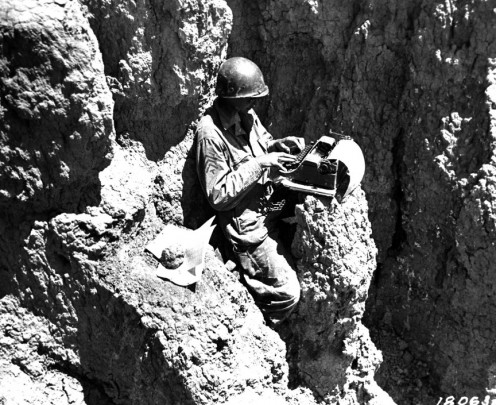
Additional Articles You Might Be Interested In
- SOLDIER COMING HOME By Robert Hewett Sr
SOLDIER COMING HOME By Robert Hewett Sr. I’m a soldier coming home I fought the fight, I was strong. I did my best to right some wrongs home is now where I belong. I can smell my wife’s home cooking I see her smile, she’s so... - AN INTERVIEW WITH DAVEDA GRUBER, WRITER , ARTIST, PU...
QUESTIONS 1. YOU ARE AN ONLINE FORUM OWNER/MANAGER, WHAT IS THE NAME OF YOUR SITE AND WHAT DO YOU OFFER AND TO WHOM? I own Poetry with Passion which is one of my companies. I offer a forum for poets to gain knowledge from others and for all of... - PART ONE -LEE DURMAJ, IMMUNE SYSTEM BREAKDOWN AND RE...
Previously, I published three hubs where Lee discussed her fight with cancer, her seven surgeries, and her decision not to go through radiation or chemo treatment after surgery. Some months after surgery she encountered new health problems, the flue. - FROM LEARNING DISABILITY CHILDHOOD TO PUBLISHED AUTH...
FROM LEARNING DISABILITY IN CHILDHOOD TO PUBLISHED AUTHOR, AN INTERVIEW WITH POET AND NOVELIST MICHAEL L. SCHUH By Robert Hewett Sr. 1. Mike, where are you from, tell us a little about your background, family and career. This will help the...
World War II and Nazi Germany





